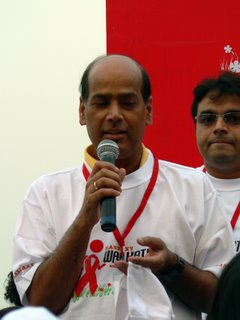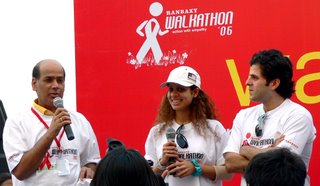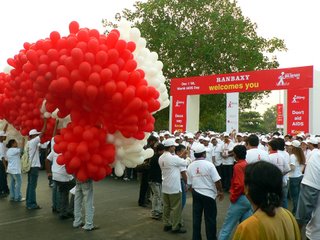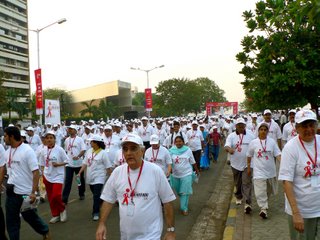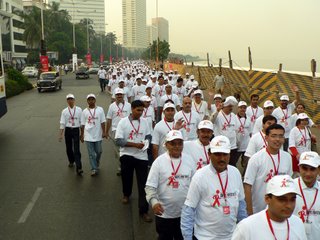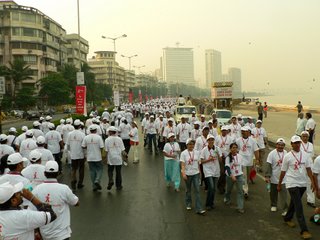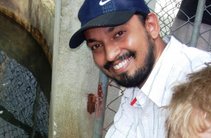The cruelty of a profession
Everybody makes mistakes. Its part of life. And all mistakes have a cost. Some mistakes cost nothing like making a spelling mistake while blogging - you press a button and the mistake is gone. Others are more costly - like forgetting your wallet somewhere. And some mistakes may make you broke like making a tactical error in business. A mistake may be costly but not in terms of money like losing a child in a busy mall.
But the most unforgiving of mistakes are the ones we as medical professionals make. A mistake on the part of a medical man usually translates into direct damage to the patient. And yet thats all that they are ....mistakes ....which anyone can make.
As a doctor gains in experience, the less mistakes he makes. So when you look for an experienced doctor, its not because he'll do a better job but its because he's less likely to make a mistake.
Some of the common mistakes we as medical practitioners are guilty of are
- Wrong dosages of drugs - Unfortunately things can get ugly sometimes if a doc makes a mistake, especially if he is dealing with a child.
- A wrong diagnosis - To say that medicine is vast is an understatement. It is very possible for a doctor to miss a diagnoses no matter how well read or bright he is. And when diagnoses are missed, patients suffer.
- An improperly done surgery - This is a technical aspect. Just as a musician or a soccer player gets better with practice so does a surgeon. Most surgeries have a learning curve. Some learning curves are steep meaning one has to do that surgery many times before he can perfect it. So if he is going to be good only after 100 surgeries, what about the 99 he didn't do too well ? In those 99 he has made mistakes and many of those patients have suffered. Can anyone avoid that ? not really. There is no other way to make an experienced surgeon.
- A surgery done when none was needed - This happens when a surgeon is aggressive and inexperienced. In his early days, after a few successful surgeries a surgeon thinks he is invincible. He can cure anyone with his knife. He is God. Experience eventually humbles him. He realizes that many patients are better left alone. This is also kind of a learning curve. Sometimes a surgeon would do an unindicated surgery purely for monetary gains. That is vicious and cannot be forgiven.
- Fatigue mistakes - These are a huge number of mistakes a doctor is likely to make when he is tired. And believe me doctors get tired. If you knew the kind of hours a doctor puts in you would be shocked. And if he is a resident doctor I'd be shocked if he didn't make a mistake. What would happen if a truck driver fell asleep while driving? Now replace that driver with a doctor ....
- Forgetfulness - just a simple act of forgetting something can land a doctor into so much trouble. Forgetting to remove a tourniquet, forgetting a mop inside the wound .... all perfectly plausible mistakes which can be made by anyone and yet unforgivable results.
- Carelessness - a doctor omits to do a vital step as he was in a hurry to reach the party. Sounds so horrible. Rid him of his degree and put him behind bars. But aren't we all careless every now and then?


